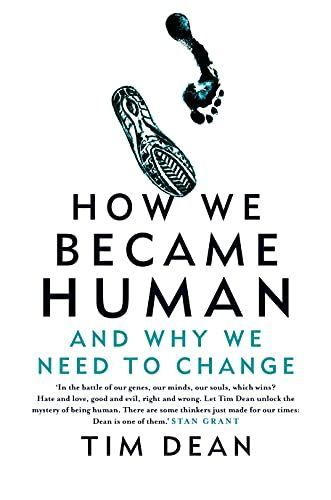
How We Became Human
Over thousands of years, humans have developed mechanisms to help us live together in ever-larger social groups. We developed a set of 'moral emotions' such as empathy, guilt and outrage, as well as a tendency to favour people in our in-groups and a propensity to punish perceived wrongdoers. Our culture also evolved, giving us powerful tools like religion and politics that could expand community sizes and maintain moral order. While these mechanisms served our ancestors well, though, our evolved sense of right and wrong is out of step with the modern world. Social media can turn outrage into an addiction, gender equality is still hampered by caveman thinking, and implicit bias turns to explicit oppression. How do we separate what's natural from what's right? How can we reshape our thinking to thrive in the modern world? Here one of Australia's brightest philosophers charts the evolution of morality from the first humans to today, and shows us how we can turn towards a better future. Praise for How We Became Human: 'In the battle of our genes, our minds, our souls, which wins? Hate and love, good and evil, right and wrong. Let Tim Dean unlock the mystery of being human. There are some thinkers just made for our times: Dean is one of them.' - Stan Grant